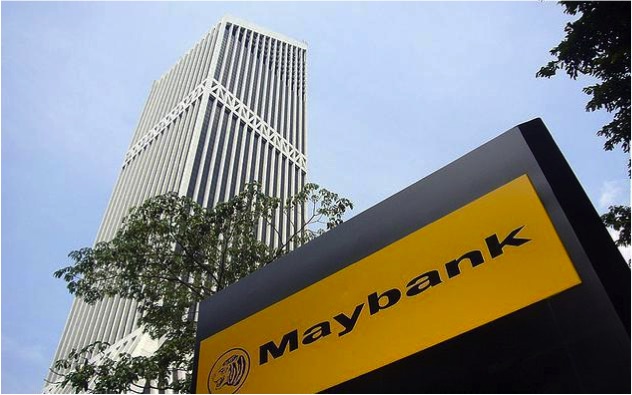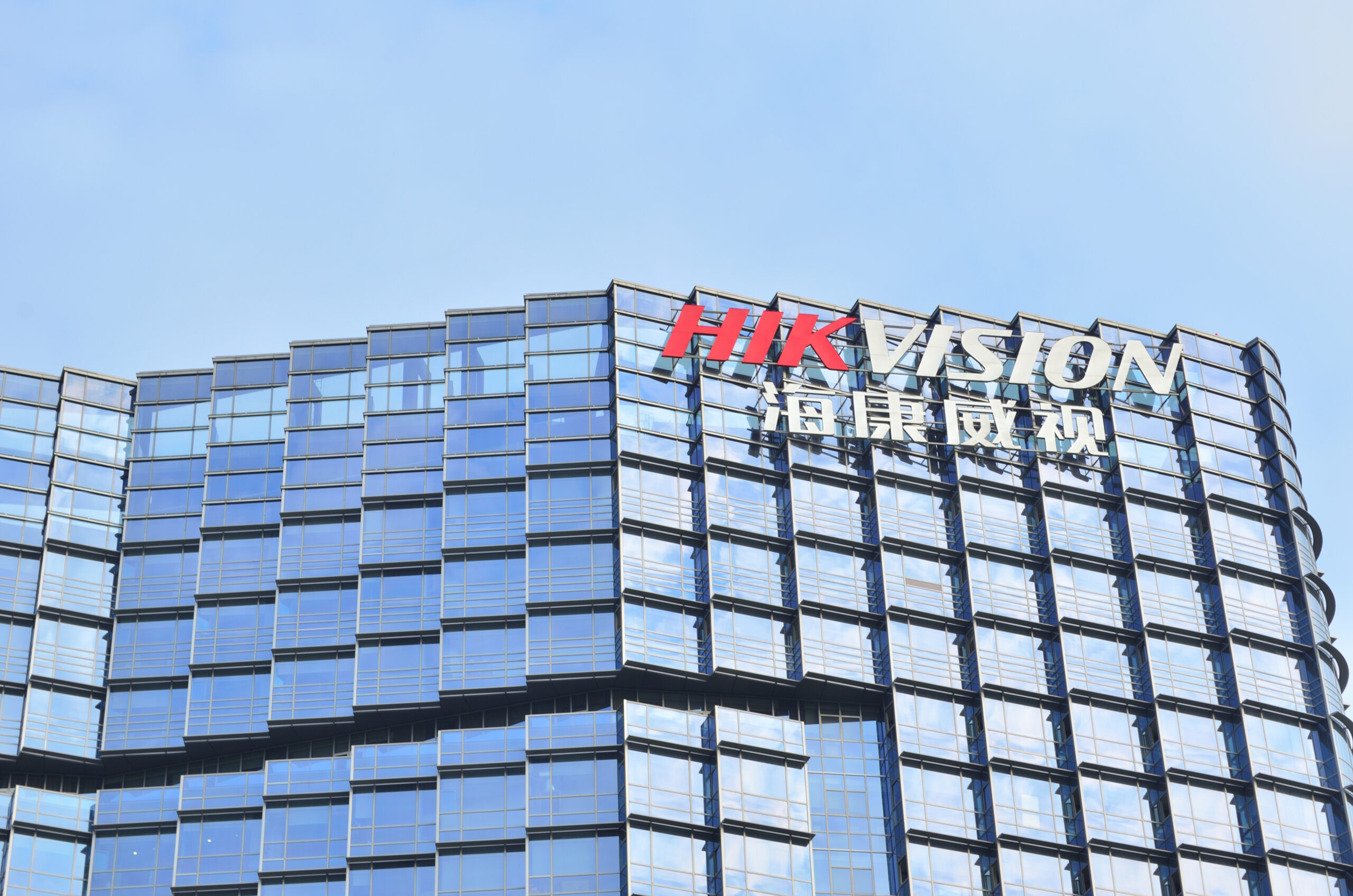A group of 20 South Korean crypto exchanges has eased concerns that the country’s new digital asset regulations would lead to a mass delisting of tokens. The Digital Asset Exchange Alliance (DAXA) stated on July 2 that the likelihood of a mass delisting occurring all at once is unlikely, even as they review 1,333 cryptocurrencies over the next six months.
New Crypto User Protection Laws
The new investor protection laws, coming into force on July 19, require South Korean exchanges, including major players like Bithumb and Upbit, to review the cryptocurrencies listed on their platforms. These reviews are part of the nation’s efforts to bolster crypto user protection.
DAXA announced that all new token listings will be evaluated against the Protection of Virtual Asset Users Act. The industry body has also created a best practices guideline, in collaboration with the 20 exchanges, detailing how they should review and potentially terminate support for cryptocurrencies.
A more relaxed “alternative screening plan” will be applied to cryptocurrencies that have been traded for over two years in “eligible overseas virtual asset markets with sufficient regulation,” DAXA explained. This measure aims to ensure a balanced approach to the delisting process.
DAXA is currently conducting research and consultations with exchanges to create a specific list of eligible overseas markets. This list will include those on the board of the International Organization of Securities Commissions (IOSCO).
South Korea’s Role in Global Crypto Markets
South Korea plays a significant role in the global cryptocurrency markets. In the first quarter of the year, its currency, the won, was the most traded fiat currency, with a trading volume of $456 billion on exchanges, slightly surpassing the $455 billion volume of the U.S. dollar.
Upbit, the largest exchange in South Korea, ranks among the top 20 exchanges by daily volume, with $889.3 million traded on its platform in the last 24 hours, according to CoinGecko.
| Topic | Details |
|---|---|
| Number of Cryptocurrencies Reviewed | 1,333 over the next six months |
| New Law Effective Date | July 19 |
| Major Exchanges Involved | Bithumb, Upbit |
| Regulatory Body | Digital Asset Exchange Alliance (DAXA) |
| Key Guidelines | Protection of Virtual Asset Users Act, best practices guideline |
| Alternative Screening Plan | Applies to long-traded cryptocurrencies in regulated markets |
| South Korea’s Trading Volume (Q1) | $456 billion (won), $455 billion (USD) |
| Upbit’s Daily Trading Volume | $889.3 million |
Market and Industry Responses
The introduction of these new laws and the structured review process indicate a significant step towards a more regulated and secure cryptocurrency market in South Korea. Market analysts and industry stakeholders view these measures as crucial for maintaining investor confidence and market integrity.
Many in the industry believe that these regulations, while stringent, will ultimately benefit the market by weeding out fraudulent or non-compliant tokens. This approach aims to protect investors and enhance the credibility of the exchanges operating within South Korea.
However, some critics argue that the regulatory burden might stifle innovation and limit the diversity of available tokens. They suggest that a balance must be struck between regulation and fostering a thriving crypto ecosystem.
As DAXA and the exchanges proceed with their reviews, the crypto community will be closely monitoring the outcomes. The impact of these regulations on the market dynamics, trading volumes, and overall investor sentiment will be critical indicators of the success of these new laws.
The introduction of South Korea’s new digital asset regulations represents a pivotal moment for the country’s crypto market. While concerns about mass delistings have been addressed, the ongoing review process will determine how effectively these laws balance investor protection with market growth. As South Korea continues to play a significant role in the global crypto landscape, these developments will be watched closely by stakeholders worldwide.













